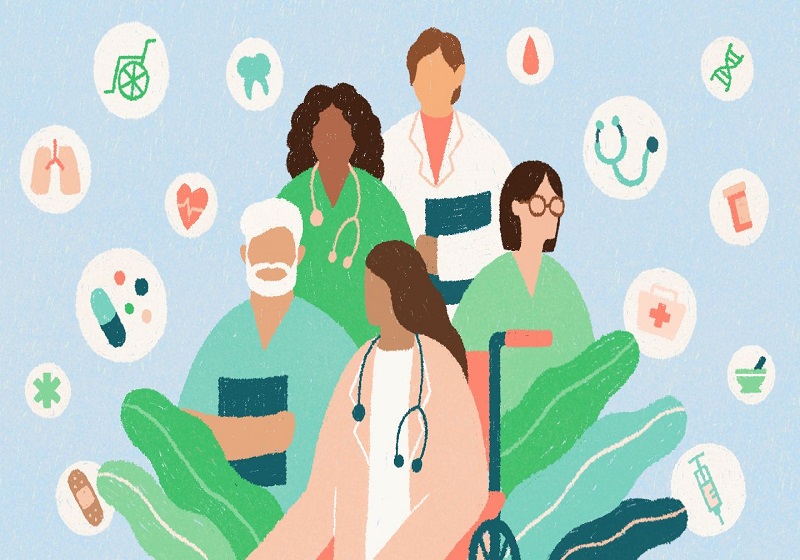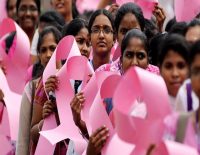Study links ultra-processed foods to increased risk of cancer, related death

A higher intake of ultra-processed or junk food has been associated with a greater risk of developing cancer, according to a study published in the Lancet last month. Ultra-processed food is basically any food out of a packet and has a relatively long shelf life. Uncontrolled consumption of such food is linked with an increased risk of dying from cancer, specifically ovarian and breast cancer.
The findings are a result of an observational study done by researchers at Imperial College, London. As per the study, if one increased ultra-processed food in their diet by 10 percent, it could raise their risk of developing any cancer by 2 percent. The consumption of junk food has also been linked to a 19 percent increased risk of being diagnosed with ovarian cancer and raises the chances of dying from the disease by 30 percent.
Lancet has categorized the food we consume into four sections – healthy section including fruits and vegetables, processed ingredients including sugar, butter, and, oils, processed foods such as beer, cheese, canned meat, processed bread, and ultra-processed foods. What they are most concerned about is the last category which is basically anything that is in a packet, as mentioned earlier. Such foods are high in sugar, salts, preservatives, and fats, such as ready-to-eat/heat foods, heavily processed meats, carbonated drinks, biscuits, salty snacks, and artificial sweeteners.
According to Dr. Shalabh Arora, Consultant Medical and Hemato Oncologist, Ujala Cygnus Group of Hospitals, the latest research is not the first to show an association between a high intake of ultra-processed foods and cancer. In fact, 16 different types of cancers in our body have been linked to the consumption of ultra-processed, high-fat foods and obesity. However, he notes that the rate of incidence mentioned in the study helps in giving a clearer picture of the associated risks.
“The findings have contributed to the previous studies which have linked overconsumption of ultra-processed foods in the diet to an increased risk of heart attacks, obesity, stroke, and type 2 diabetes. The Lancet study is a step further in the direction of linking junk food consumption to the risk of cancer, particularly ovarian and breast cancers,” said Dr. Shalabh.
Health experts have also reacted to the study, saying that reducing ultra-processed foods in our diet could provide important health benefits. They have noted that such findings help in the best public health strategies to reduce the widespread presence of junk food in our diet.
Dr. Suversha Khanna, Director, Dharamshila Rahat Supportive and Palliative Care Centre, says that social stigma and lack of awareness are leading to an increase in deaths from chronic diseases in the country, like cancer and diabetes.
“In the case of breast cancer, women in some parts of the country still hesitate to mammography and self-examination. Similarly, for other cancer conditions, people do not visit the doctor until it is too late to cure the situation. Also, due to factors like urbanization, population explosion, and unemployment, the incidence of incurable, chronic, progressive, and life-threatening diseases is on the rise.
“Approximately 60-70% of cancer patients report to the hospital when it is too late. This is mostly due to the lack of facilities for early diagnosis, standard treatment, and palliative care. There are very few dedicated palliative care centers in India for providing palliative care to improve patients’ quality of life and survival rates. Cancer mortality is so high because of a lack of awareness about the risk factors of getting cancer, carelessness, late diagnosis, poor treatment, and palliative care facilities in small towns. Palliative care is an age-old tradition and hence most people have no idea about its holistic approach to helping patients with chronic conditions. Spreading education about such facilities can help a lot of people to heal spiritually, socially, emotionally, and psychosocially, rather than focusing only on medications like mainstream hospitals,” said Dr. Suversha.








Comments